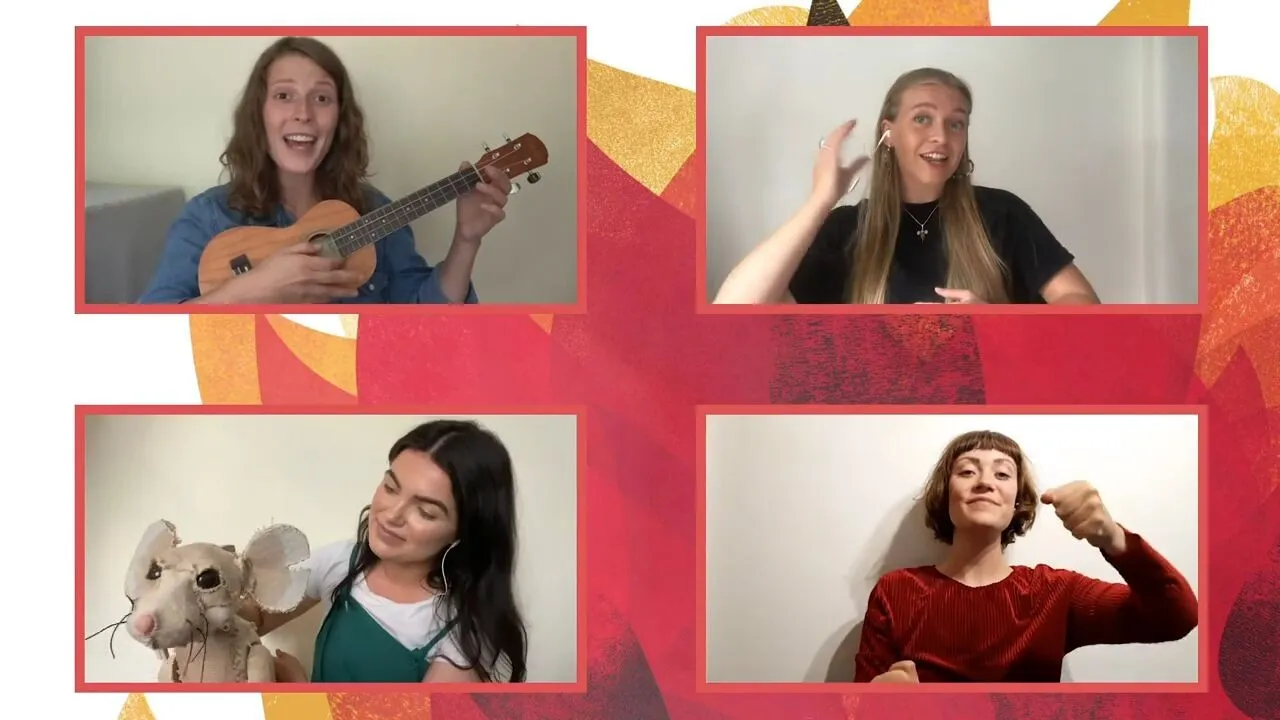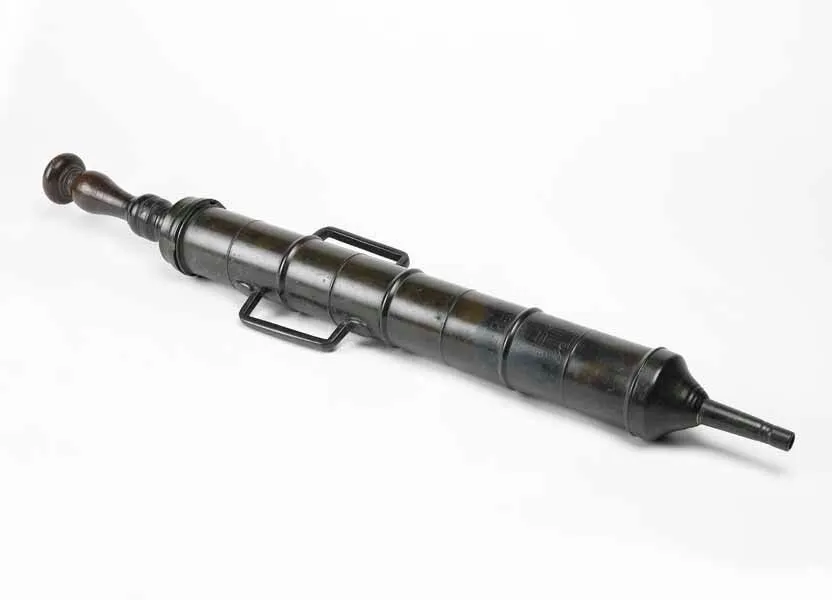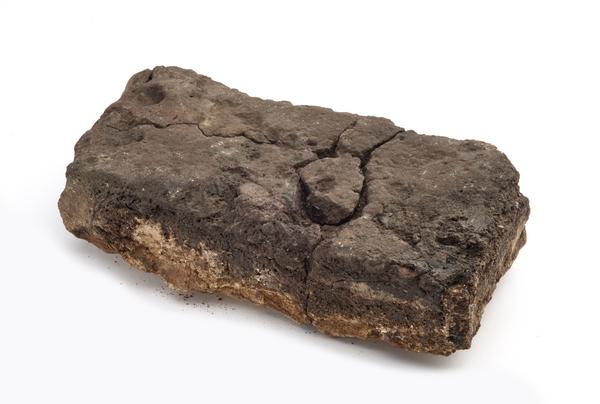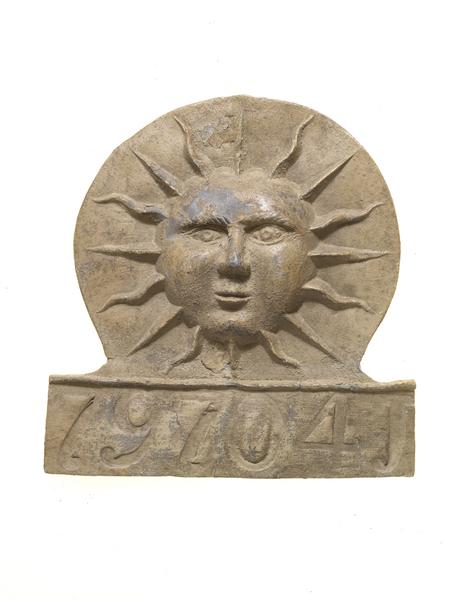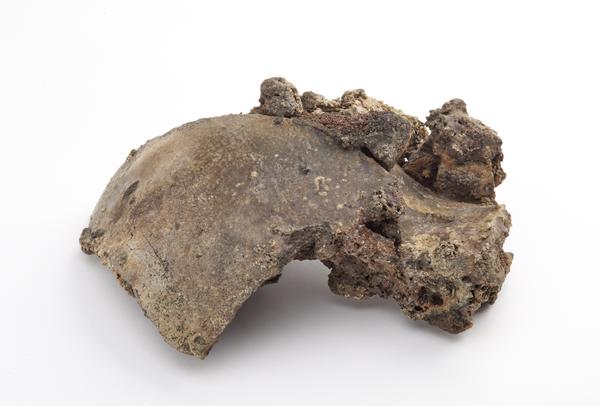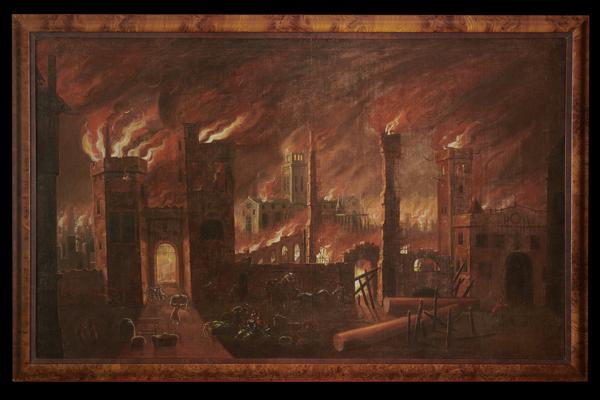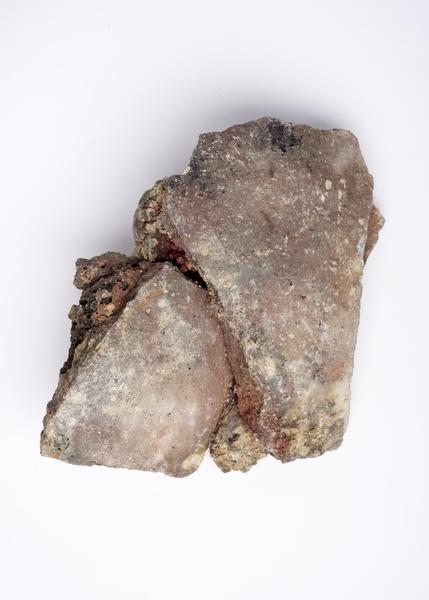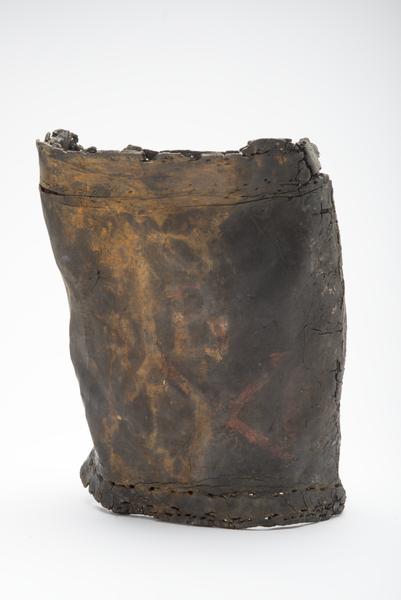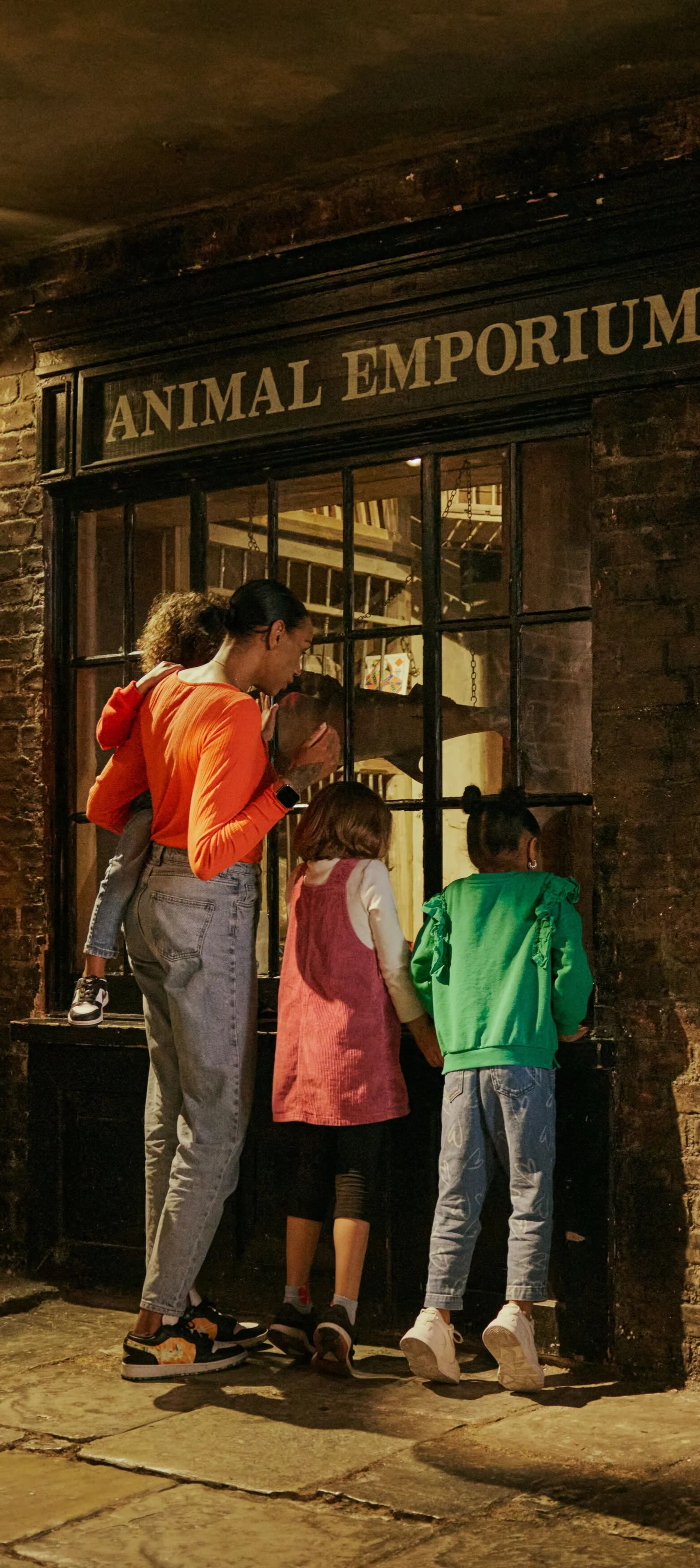London’s Burning
You know the popular nursery rhyme, but what is it all about? Why was London burning? And did pouring water on it really help?
London's burning, London's burning.
Fetch the engines, fetch the engines.
Fire, fire! Fire, fire!
Pour on water, pour on water.
London's burning, London's burning.
Fetch the engines, fetch the engines.
Fire, fire! Fire, fire!
Pour on water, pour on water.
London's burning, London's burning.
Fetch the engines, fetch the engines.
Fire, fire! Fire, fire!
Pour on water, pour on water.
Pour on water, pour on water.
Pour on water, pour on water.
What's the story behind London's Burning?
No prizes for guessing this one! London’s Burning is clearly about a fire raging through the capital. Some historians disagree, but it's often thought to be about the biggest blaze in the city: the Great Fire of London.
The Great Fire took place on 2 September 1666 and started in a baker's house on Pudding Lane. Back then, London didn't have a fire brigade, but there was still some equipment to fight it with. There were fire engines (barrels on wheels) and fire squirts, which were essentially giant syringes.
The fire had a devastating effect on Londoners and it took about 50 years to rebuild the city.
How's it sung?
London’s Burning is often sung as a round, as it is in our video. In a round, different people start singing at different times. When the first person gets to the line "Fire, fire!" the second singer (or group of singers) starts singing from the beginning.
Try singing the song in a round with your family or friends – you might need to practice a few times.
Did they really "fetch the engines" and "pour on water"?
In reality, most Londoners focused on fleeing and getting away, rather than fighting the fire.
Some brave people did fetch the engines, but there weren’t many and they were manned by ordinary Londoners rather than firefighters. They mainly used buckets of water, fire squirts and fire hooks.
They did also pour on water, but this wasn’t the best way to stop the fire. The most effective way was to pull down houses with huge hooks – or blow them up with gunpowder – which made gaps to stop the flames from spreading.
Isn't there another version of London's Burning?
Although historians aren’t sure exactly where the song came from, some think that the earliest version of London’s Burning is in a manuscript at the University of Cambridge.
It dates back to 1580, which is 86 years before the Great Fire of London. Though the tune is the same, it isn’t about London at all – the first line is "Scotland, it burneth".
These lyrics are said to be about the burning of Edinburgh, Scotland, which took place in 1544 when English armies were ordered by King Henry VIII to attack the city.
Could London's Burning be about another fire?
It could be. The first major fire in London we have evidence for happened in 60 CE when Queen Boudica’s forces burned Londinium down.
Fires were also common in medieval London, because most buildings were made of wood. In 1087, a huge blaze burnt down St Paul's Cathedral and in 1212, a terrible fire in south London killed many people and damaged London Bridge.
In 1633, some houses and shops on and around London Bridge burnt down and were never replaced. This meant there was a large gap in the street leading up to London Bridge, which stopped the Great Fire of London from damaging the bridge in 1666.
More Rhymes in Time
-

Pop! Goes the Weasel
What's a weasel? And why is it popping?
-

Oranges and Lemons
Is it really about delicious fruits? Maybe not!
-

Sing a Song of Sixpence
Which king is counting his money and why are there blackbirds in a pie?
-

London Bridge is Falling Down
Has London Bridge ever really fallen down?
-
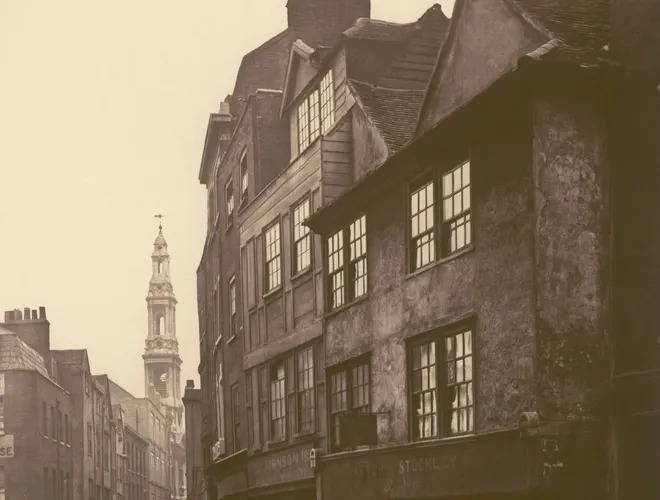
The Muffin Man
Who was the muffin man and where is Drury Lane?


